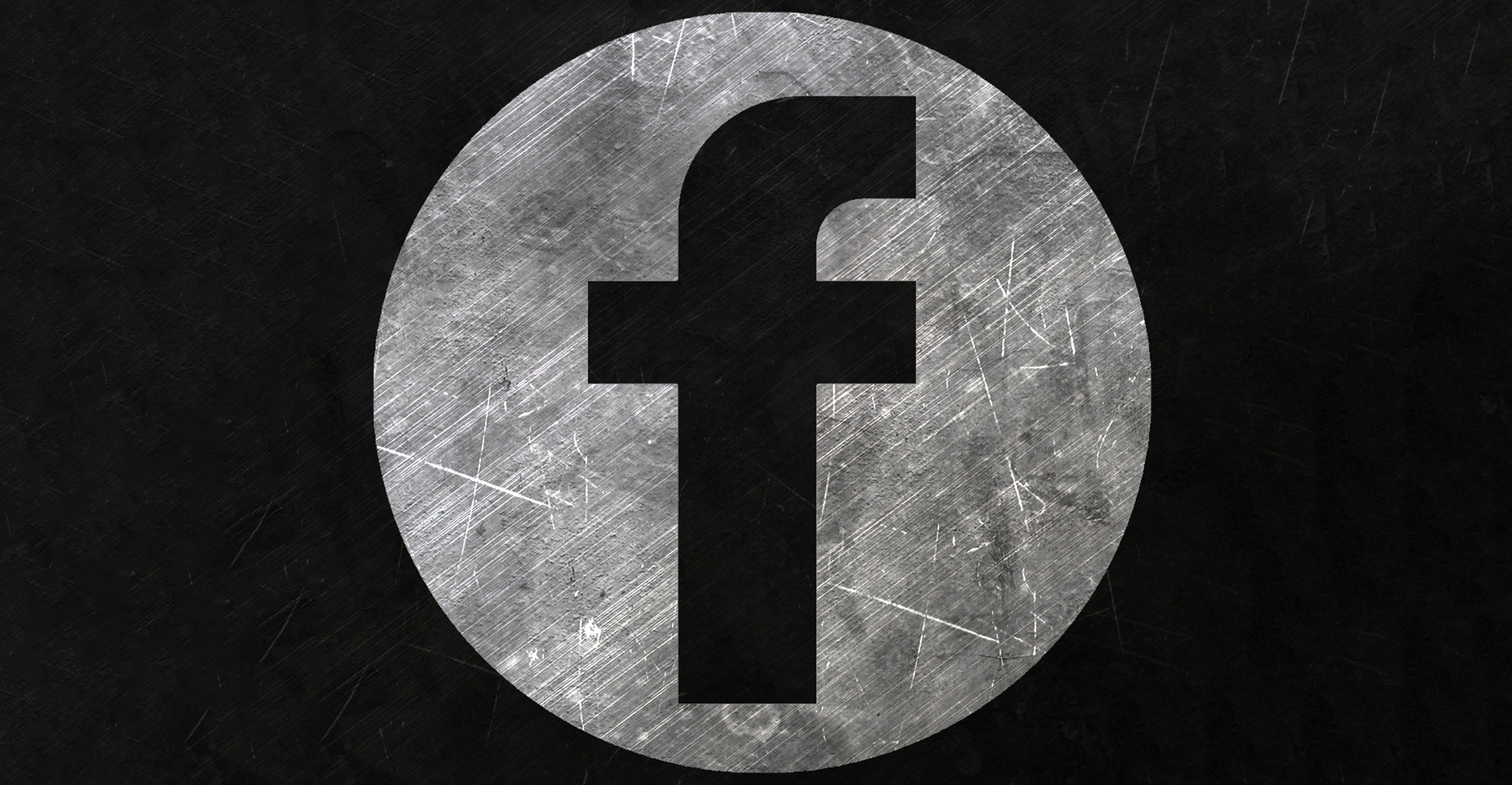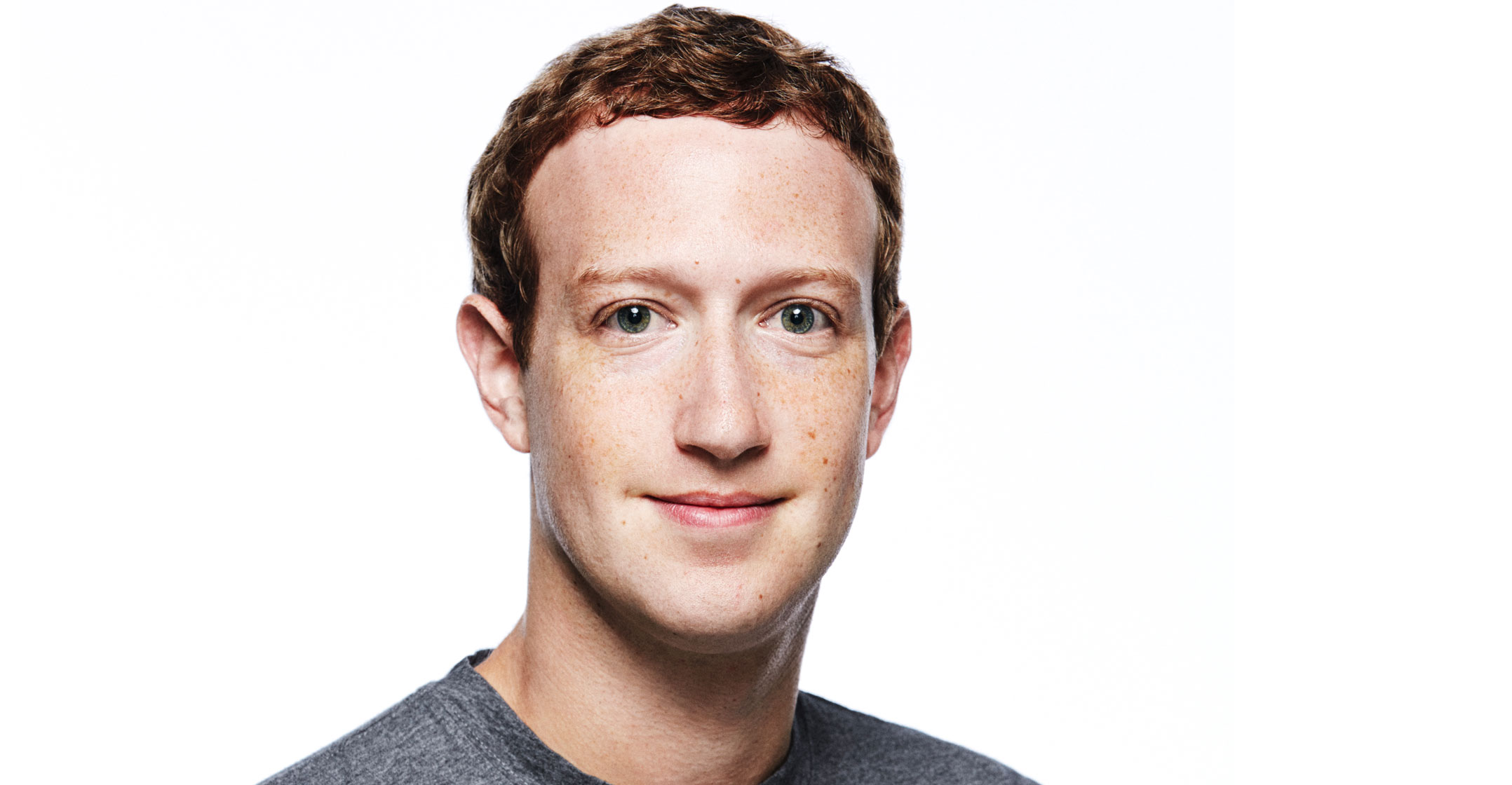
Facebook said it had data-sharing partnerships with four Chinese consumer device makers, including Huawei, escalating concerns that the social network has consistently failed to tell users how their personal information flows beyond Facebook.
The disclosure came after Mark Warner, the top Democrat on the senate intelligence committee, said earlier on Tuesday that he saw “a serious danger” that Facebook shared user information with Chinese device makers. Facebook said it was careful about the partnerships, which were designed to help smartphone makers build custom versions of Facebook’s app. Still, the confirmation is likely to heighten scrutiny of the company’s privacy practices if the deals weren’t explicitly disclosed to users.
“Facebook’s integrations with Huawei, Lenovo, Oppo and TCL were controlled from the get go — and we approved the Facebook experiences these companies built,” Francisco Varela, the company’s vice president of mobile partnerships, said in a statement. “Given the interest from congress, we wanted to make clear that all the information from these integrations with Huawei was stored on the device, not on Huawei’s servers.”
Facebook has been responding to a global backlash about how it handles users’ data, from lawmakers and privacy advocates in the US and Europe. The company sent CEO Mark Zuckerberg to Washington in April to undergo 10 hours of congressional questioning after a March revelation about an app developer that passed information on up to 87m Facebook users to a political consultancy, Cambridge Analytica. Zuckerberg told congress that the company’s policies no longer allow such lapses.
Then, The New York Times reported on Sunday that the company had for years allowed deals with about 60 phone and device manufacturers, giving them access to vast amounts of information on users and their friends. It’s not clear yet whether any of the partners abused the data or transferred it to unauthorised parties. Still, the disclosure adds fuel to public distrust of the social network, whose main app has more than two billion users worldwide, and which owns other popular programs like Instagram, WhatsApp and Messenger. If users weren’t aware of device makers’ access, the deals could violate a 2011 US Federal Trade Commission consent decree.
Facebook shares slipped in extended trading following the disclosure, after declining less than 1% to US$192.94 at the close in New York.
The confirmation that Chinese device makers, especially Huawei, were among the manufacturers with access to user data raised even more questions among US lawmakers about how the information was stored and used.
‘Legitimate concerns’
“The news that Facebook provided privileged access to Facebook’s API to Chinese device makers like Huawei and TCL raises legitimate concerns,” senator Warner of Virginia said after Facebook’s disclosure late on Tuesday. “I look forward to learning more about how Facebook ensured that information about their users was not sent to Chinese servers.”
Huawei, China’s largest maker of telecommunications equipment, was founded in 1988 by former Chinese army officer Ren Zhengfei. Congress has barred the Pentagon from buying Huawei’s gear, along with ZTE, citing the companies’ connections to the Chinese government and the potential for intellectual property theft and spying.
In April, the US Federal Communications Commission voted 5-0 to ban federal funds from being spent with the companies, citing concerns their products can provide “hidden back doors” into US computer networks that could inject viruses, spy on businesses and steal Americans’ private data, said FCC chairman Ajit Pai.

“Concerns about Huawei aren’t new — they were widely publicised beginning in 2012, when the house permanent select committee on intelligence released a well-read report on the close relationships between the Chinese Communist Party and equipment makers like Huawei,” Warner said in the statement late on Tuesday.
Some US lawmakers, many of whom were already critical of Facebook’s response to earlier inquiries into the Cambridge Analytica data scandal, have been sceptical of Facebook’s explanations of its latest purported data lapse, and demanded more accountability.
Senators John Thune and Bill Nelson, the Republican chairman and top Democrat respectively on the senate commerce committee asked Zuckerberg in a Tuesday letter for a full list of device makers with which Facebook had agreements. They also asked how the company verifies compliance with the agreements and whether Zuckerberg would like to amend his April testimony to the committee in which he said that users have “complete control” over how their data is shared.
Facebook had already said in April that it was dismantling the device-maker data partnerships following a review of information-sharing agreements sparked by the Cambridge Analytica crisis. After The New York Times disclosed the names of device makers who had deals, the company said it was winding down the Huawei agreement this week.
Still, Facebook defended the choice on Tuesday. “Huawei is the third largest mobile manufacturer globally and its devices are used by people all around the world, including in the US,” Varela said. — Reported by Ben Brody and Sarah Frier, (c) 2018 Bloomberg LP

